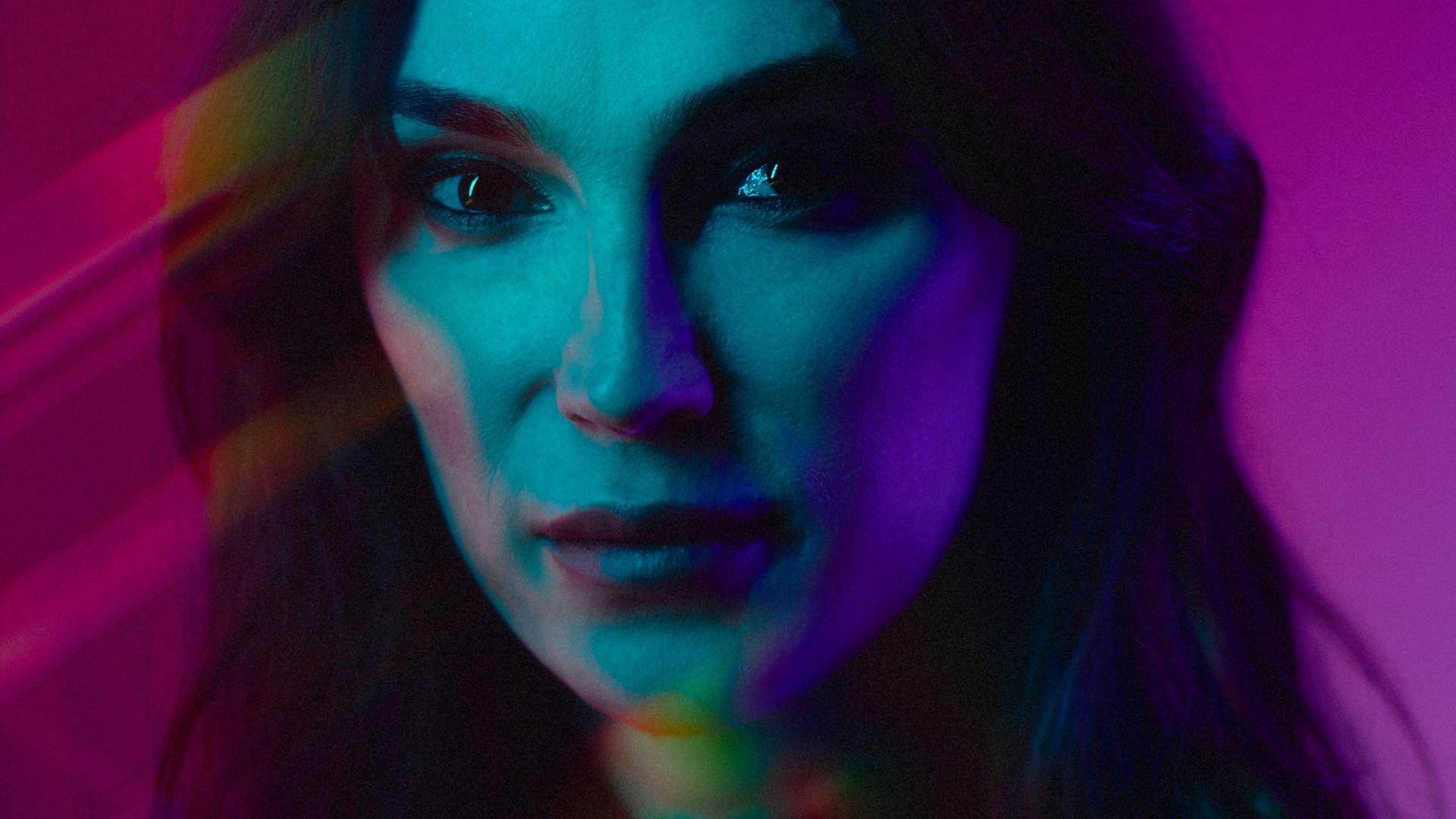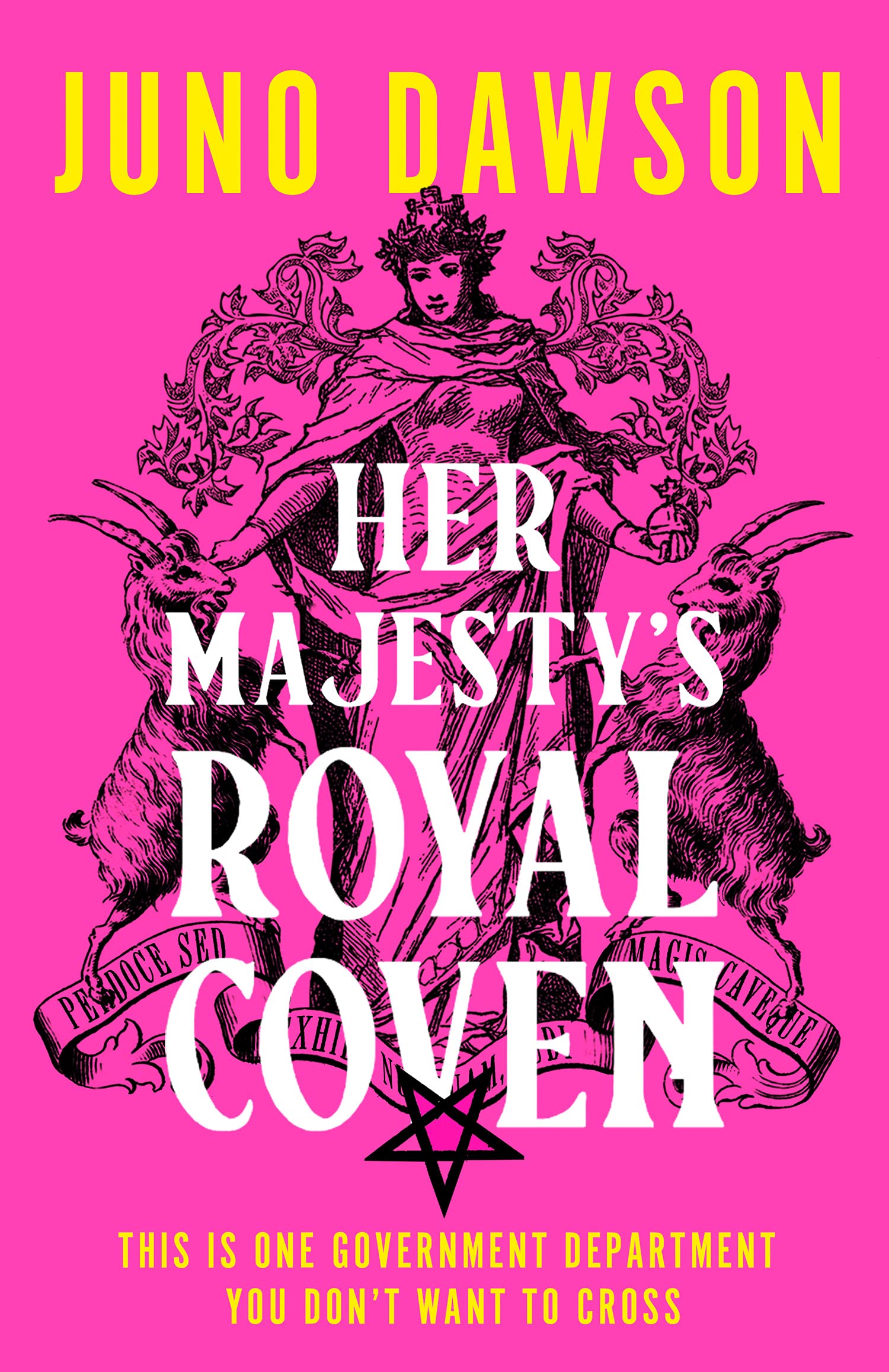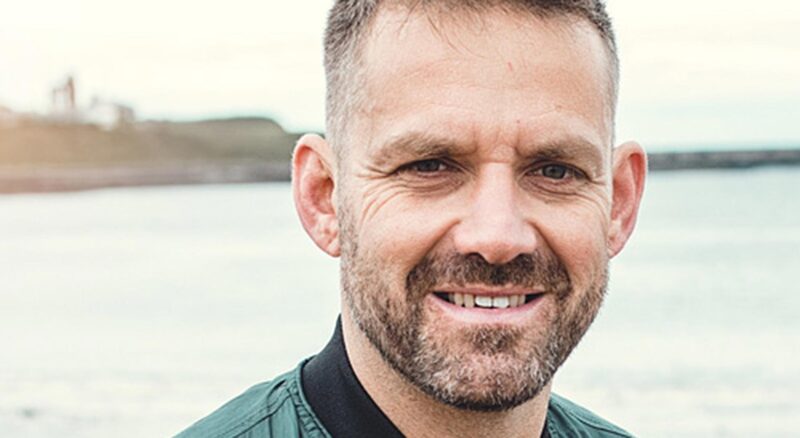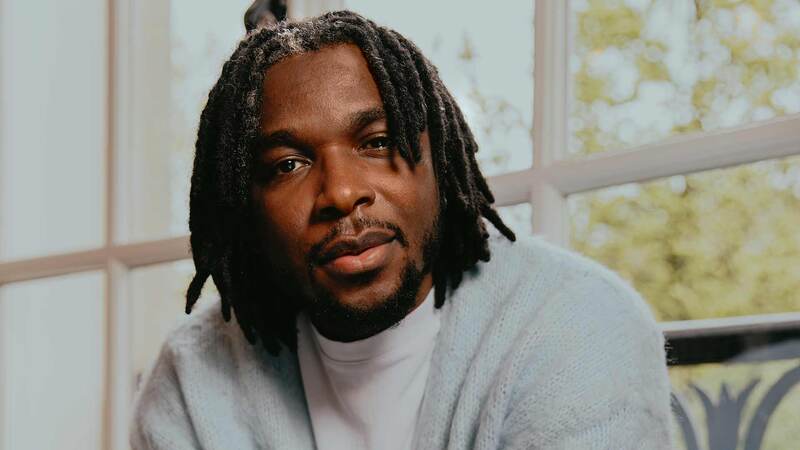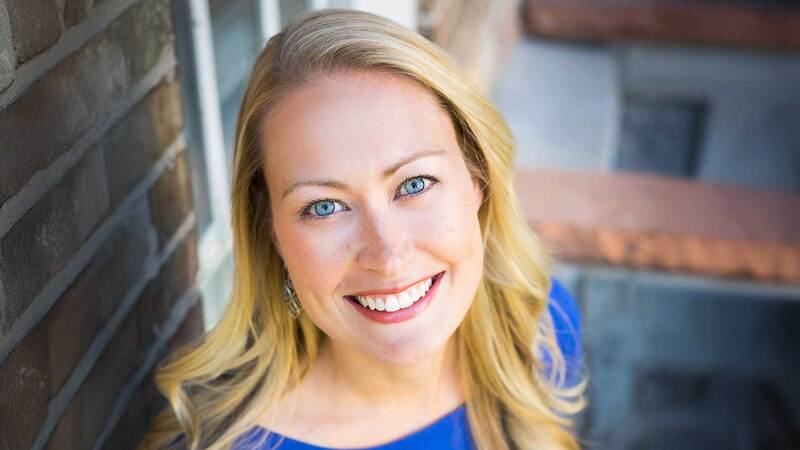You are viewing your 1 free article this month. Login to read more articles.
Juno Dawson in conversation about her first adult novel, Her Majesty’s Royal Coven
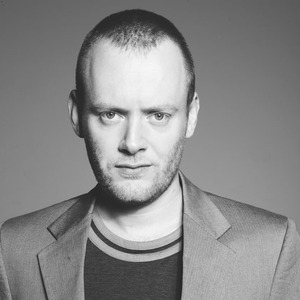
Matthew Todd is an author and a former editor of Attitude magazine.
The author of YA titles such as This Book is Gay and Clean, Juno Dawson, returns with her first adult novel, about a coven of royal witches.

Matthew Todd is an author and a former editor of Attitude magazine.
Juno Dawson is on a roll. From her big breakthrough book This Book is Gay (2014; Hot Key Books), through to her novels Clean (Hachette Children’s) and Meat Market (Hachette Children’s), she has become one of the UK’s most prolific authors of books for young adults. Since she began her transition seven years ago, she has found herself, like all high-profile trans people, in the midst of a hurricane of transphobia. What’s an author to do? Write about it, of course. This summer, her latest book and first novel for the adult market, Her Majesty’s Royal Coven (HarperVoyager), arrives in stores full of stories of witches, magic and a prominent transgender character.
What is Her Majesty’s Royal Coven about?
Powerful, modern witches secretly live among us, and they work for an official government coven first established by Anne Boleyn. The novel introduces four childhood friends, now adults, some of whom serve the coven, and others who have quit. Their friendship is tested by an apocalyptic prophecy that foresees the arrival of a demonic child who will destroy the coven and the world. What happens if that child comes in the form of a transgender teenage witch?
Why witches? You have said you wrote it in part as a reaction to the transphobia in the UK? How so?
Marginalised groups are always scapegoats. Just look at the newspapers! The world is literally on fire, and many of them would rather run scary stories about secret trans cabals brainwashing kids and the like. Having to endure this media persecution does feel like a witch-hunt so it was a logical allegory to explore these issues through the prism of an actual coven. If I’m being drawn into a conversation, I want to do it in a way I enjoy as a writer, too.
How does another famous author being at the centre of discussions of trans lives influence your life and work?
I’m scared to answer this question honestly, because we are dealing with a powerful author backed by powerful industry bosses. I literally fear for my career; I fear the harassment I’d get online, and I think that says a lot in itself. In any case, I think the novel explores everything I believe about prejudice and discrimination. I’d ask people to focus on those two words. Suggesting a minority group poses a risk to the majority is prejudice. Trying to limit the rights or freedoms of a minority group is discrimination.
Do you feel like you have to be an activist regardless of whether you want to or not?
I take umbrage at the term because it’s very dehumanising. It’s also a way for transphobes to avoid having to call me a woman. That said, so many of my writing role models fulfil the criteria; someone who is pushing the conversation forward and visibly celebrating their career successes. I’m happy to do that if it means the next generation of LGBTQ+ writers see a home for themselves in the publishing world.
This is your first adult market novel. What differences did you find writing it? Was it easier or harder?
It’s funny because, in many ways, some of my YA titles are more thematically challenging. Clean looks at addiction and Meat Market sexual assault. The key difference in Her Majesty’s Royal Coven is that my characters are in their late thirties and that was born of my desire to explore where I’m at in my life. I’m married; I’m a homeowner; I’m a businesswoman. I grew up! I couldn’t examine those themes in YA.
Why do you think witches have an enduring appeal?
I wonder if it’s because women will always feel like misfit outsiders in a world designed for men. Misogyny is timeless and, however we look, whether we’re trans or cisgender, we will all experience that disgust, that loathing, coming from some men. I think we all know what it is to be the witch. I think gay men understand that too.
There has been an explosion in the past few years of books by trans authors. Does it feel positive and authentic? What could the industry be doing to support trans authors and the community?
I think so much is said about trans people, it can only be a good thing to hear from trans people ourselves. I loved Torrey Peters’ Detransition, Baby and I thought Shon Faye’s book was seminal. I also think it’s a great thing that I’ve been able to write “Doctor Who”, for instance, without even mentioning the word trans. I think the next step for any marginalised writer is to be able to write stories that don’t centre our trauma for a mainstream audience. We have so much more to offer.
Your breakout book was This Book is Gay. What are your thoughts on the book bans in the US?
It’s a very scary time. When I see This Book is Gay being challenged or banned in American schools and libraries I see a very clear message: we wish we could ban LGBTQ+ youth from our schools and libraries. It feels, post-Trump, like right-wing voters are trying to re-assert themselves where they can, but at what cost to LGBTQ+ people? I see it happening here too, and it truly worries me.
How do you write? Do you have a ritual every day?
Her Majesty’s Royal Coven benefited from the lockdown of 2020. With few distractions, I was able to immerse myself in the world of the witches. I also spent some research time in Hebden Bridge once we were allowed to travel. Now the world is opening up, I rarely write from home. I have a workspace in town and I use the 20-minute commute to mentally swim from my home-brain to my fiction-brain.
What did you read during the pandemic?
I massively got into non-fiction. I loved Empire of Pain (Pan Macmillan), The Five (Transworld), The Heroine with 1001 Faces (WW Norton & Co) and Men Who Hate Women (Simon & Schuster). I’d also recommend Witches (Melville House) by Sam George Allen, which was really central to my research for Her Majesty’s Royal Coven.
What are your three favourite LGBT books?
I’ll go with novels but want to again highlight Shon’s The Transgender Issue (Penguin) and [Matthew Todd’s] Straight Jacket (Transworld) because they are vital reading for LGBTQ+ people. But if we’re talking novels, I’ll go with Orlando by Virginia Woolf, Two Boys Kissing (HarperCollins)by David Levithan and Tales of the City.
Which witch would you be if you had to be one?
Without a doubt, Willow Rosenberg from “Buffy”.





